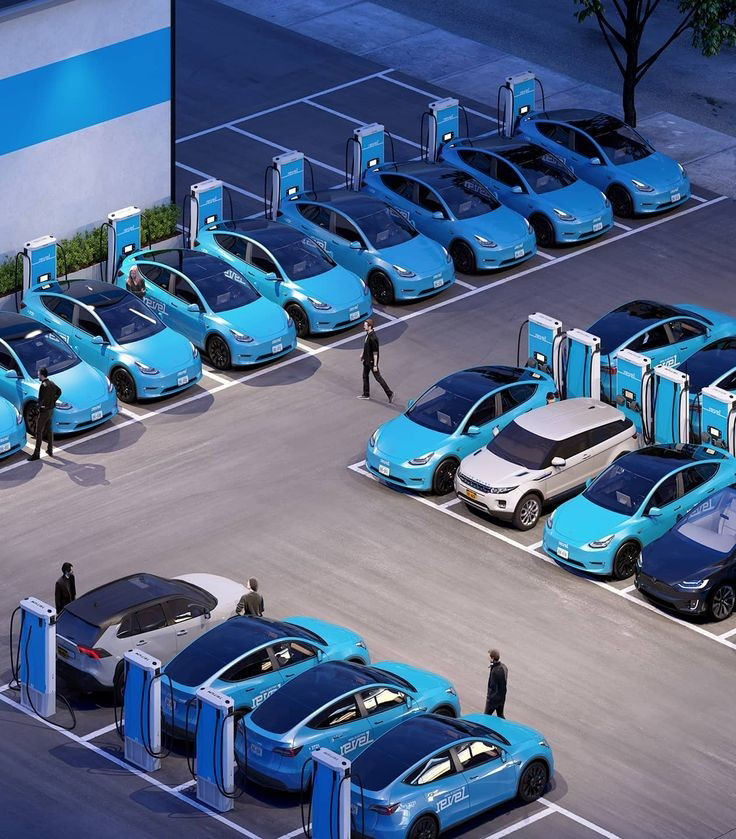BEVs rely solely on electric power and do not have a gasoline or diesel engine. They are powered by a large battery pack that stores energy from an external power source, typically an electric charging station or a standard electrical outlet. BEVs are emissions-free and can typically travel between 100-300 miles on a single charge, depending on the vehicle and the battery size.
PHEVs, on the other hand, have both an electric motor and a gasoline or diesel engine. They can run on electricity alone, gasoline or diesel, or a combination of both. PHEVs have a smaller battery pack than BEVs and can typically travel between 10-50 miles on electric power alone before switching to gasoline or diesel.
EVs have several advantages over traditional gasoline or diesel-powered vehicles. They produce no tailpipe emissions, which can reduce air pollution and improve public health. They also have lower operating costs, as electricity is generally cheaper than gasoline or diesel fuel. However, they can have higher upfront costs compared to traditional vehicles due to the cost of the battery.
As battery technology continues to improve, it is likely that EVs will become more affordable and more practical for everyday use. In addition, governments around the world are offering incentives to encourage the adoption of EVs, such as tax credits, rebates, and free charging stations.










No comments:
Post a Comment